California Wildfire Death Toll Hits Four
At least four people are now known to have died in a wildfire sweeping through California, authorities said Tuesday, as they warned the toll from the state's worst blaze this year could rise further.
Rain and cooler conditions brought some relief to hundreds of firefighters battling to protect the 8,000-person town of Yreka, but the human cost of the inferno was already mounting.
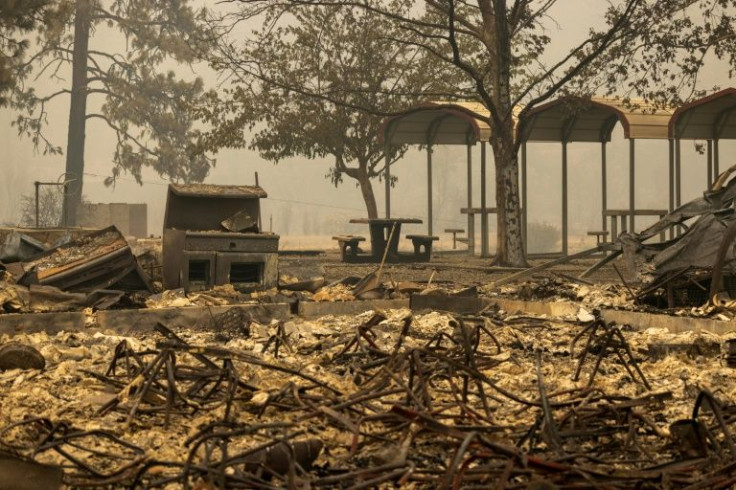
"We have four fatalities confirmed, and that number could change," Siskiyou County Sheriff's Department spokeswoman Courtney Kreider told AFP.
Two of the dead were found in a car on Sunday, apparently caught in the flames as they tried to flee.
There were no details about the other deaths.
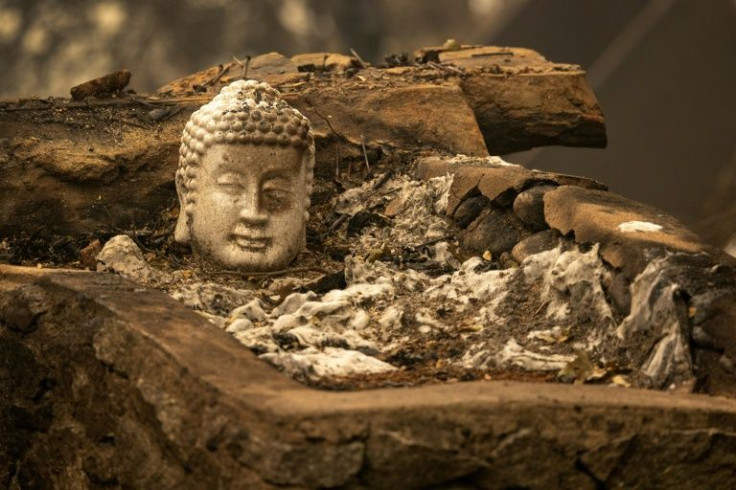
At least 3,000 people have been told to leave their homes in and around the town of Klamath River, with 100 structures already destroyed.
"Our goal today is to effectively communicate with people, and we're asking them to obey the evacuation orders," Kreider said.
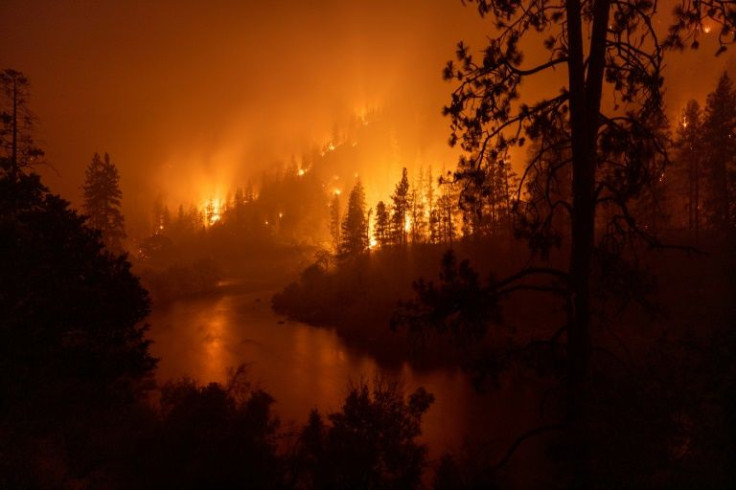
"Our priority is to protect life and property."
State fire department CalFire said better weather overnight had helped limit the spread of the so-called McKinney Fire, but vegetation remained extremely dry and vulnerable to lightning strikes.
"The continued threat of thunderstorms and the associated strong, erratic winds could result in increased fire behavior," CalFire said.
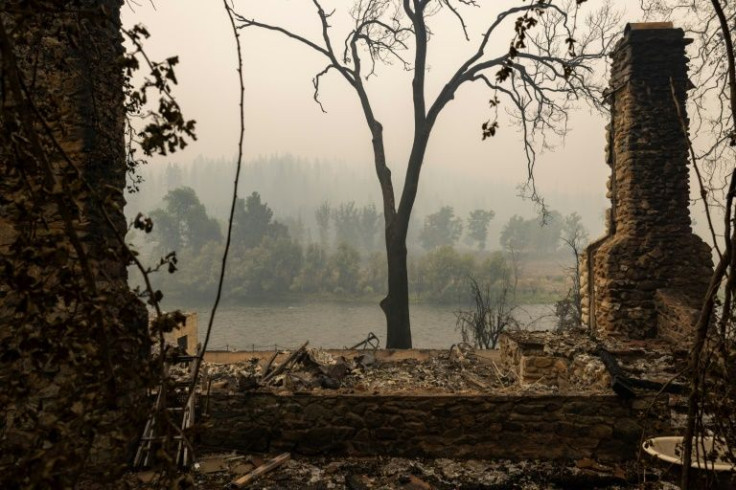
The fire, which is burning in the Klamath National Forest near the border with Oregon, is California's largest this year, having consumed around 56,000 acres (22,600 hectares).
Firefighters were working to contain its spread, using bulldozers to create firebreaks around Yreka.
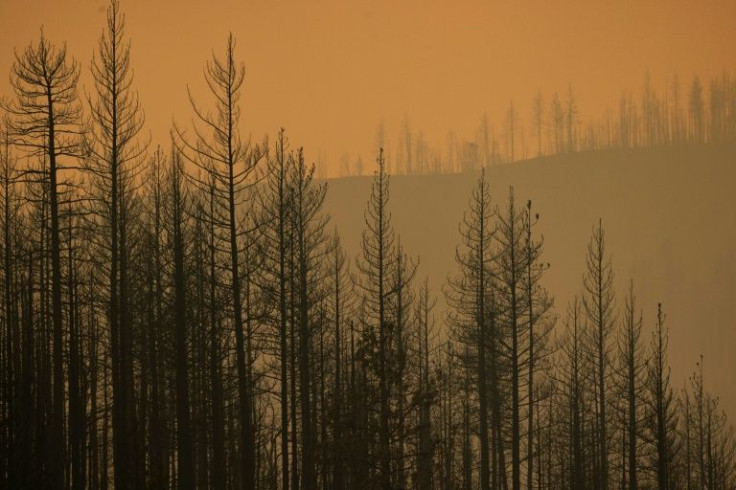
They were also battling spot fires, which erupt as sparks shoot off from the main blaze and ignite some distance away.
Those who had fled the flames spoke of the speed with which they were spreading.
"When we left, everything was on fire," Sherri Marchetti-Perrault told the Los Angeles Times of her home.
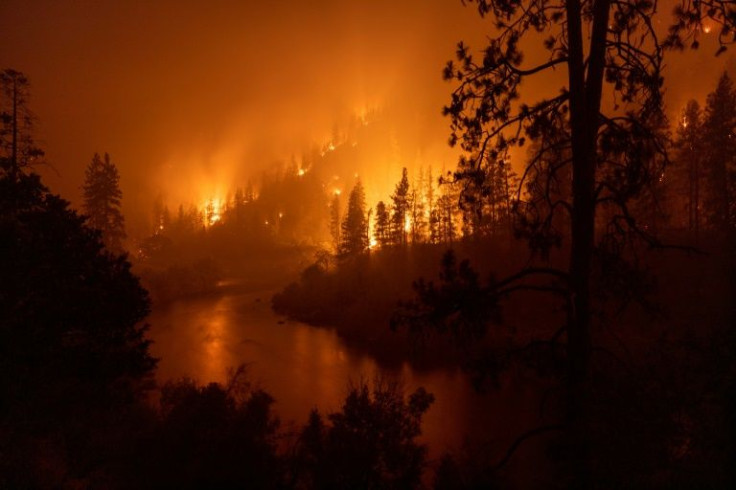
"It happened so fast. We left with the clothes on our back. We couldn't breathe and we couldn't see."
Some were not prepared to go until absolutely necessary.
"I'm holding out trying not to leave too soon because I'm helping out my mom," said Rafael Franco, who lives inside the mandatory evacuation area.
"She's not in the best physical health to get around," Franco told AFP.
"At the last minute if I see the fire cross the ridge where we are, we are going to head out and grab what we can and get going and hope for the best."
California, along with much of the western United States, is in the grip of its worst drought in more than 1,000 years.
The drought, exacerbated by man-made climate change, has left the countryside parched and vulnerable to naturally occurring wildfires, making the blazes hotter, faster and more destructive.
Dennis Burns, a fire behavior analyst with the California Interagency Incident Management Team, said there was a potential for thunderstorms and heavy downpours on Tuesday that could give firefighters the edge they were looking for.
"We're not expecting any significant movement of the fire but we could still see active flaming," he said.
"For today we have a very moist atmosphere and are expecting some severe thunderstorms.
"With the weather we have we're pretty confident that we're going to see some success."
California still has months of fire season ahead of it.
Other parts of the world have also faced intense wildfires this year, as scientists say climate change is making heatwaves more frequent and more intense, increasing the risk of fires.
© Copyright AFP {{Year}}. All rights reserved.





















